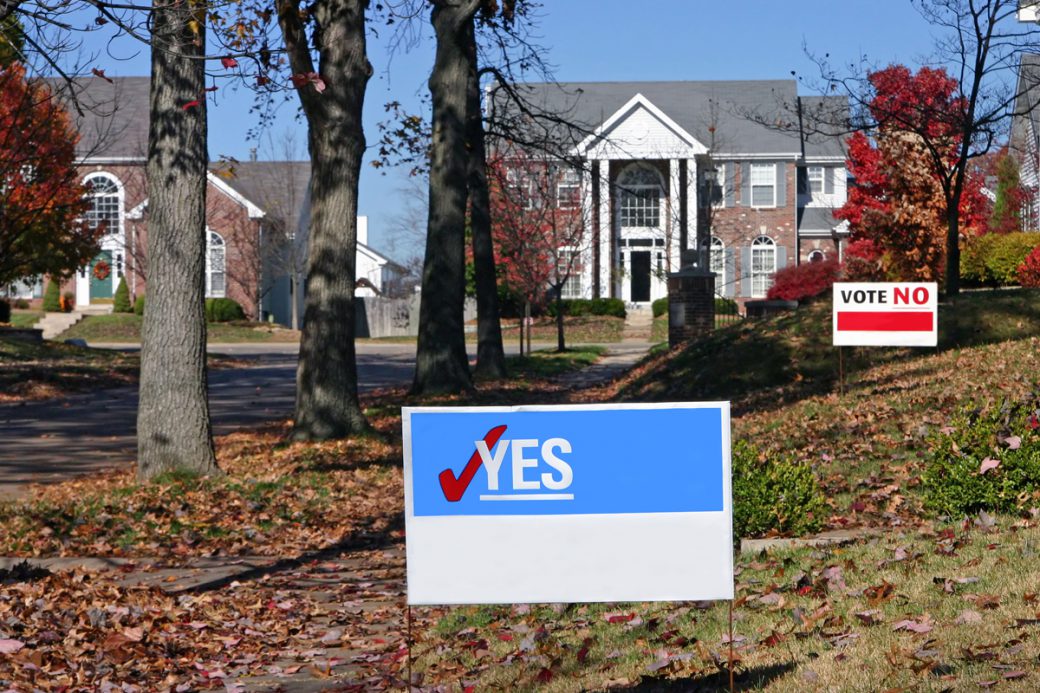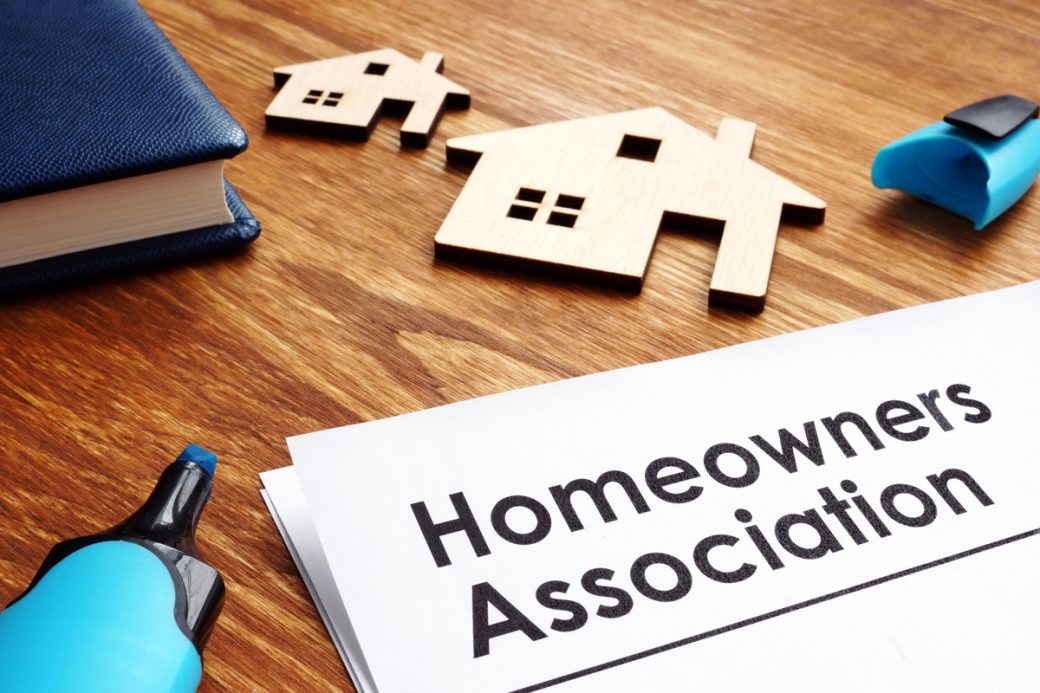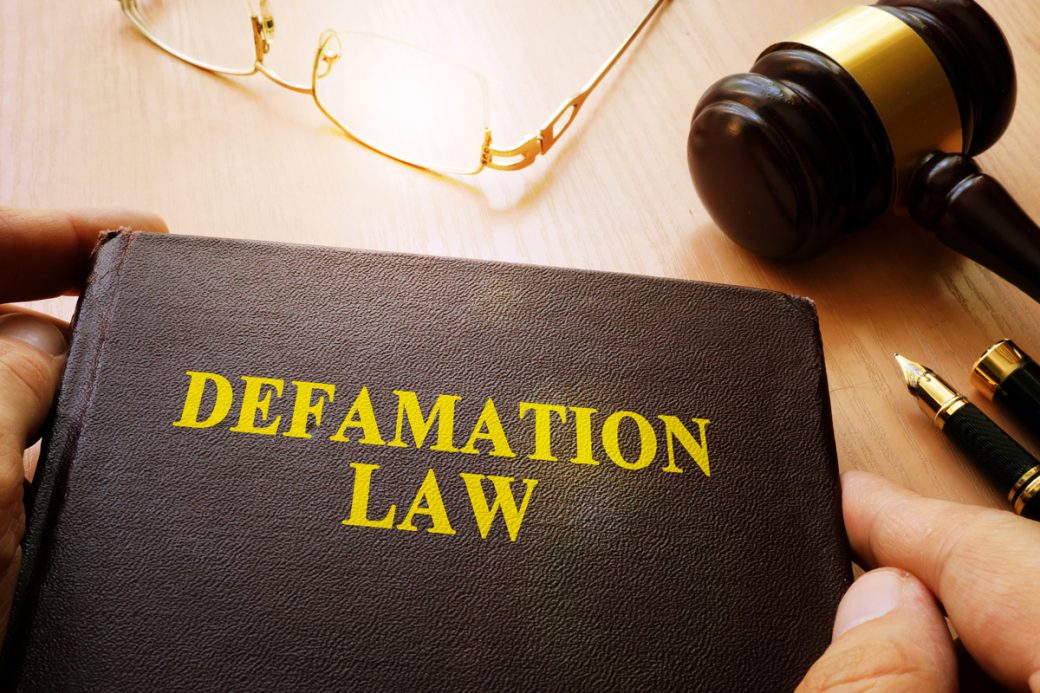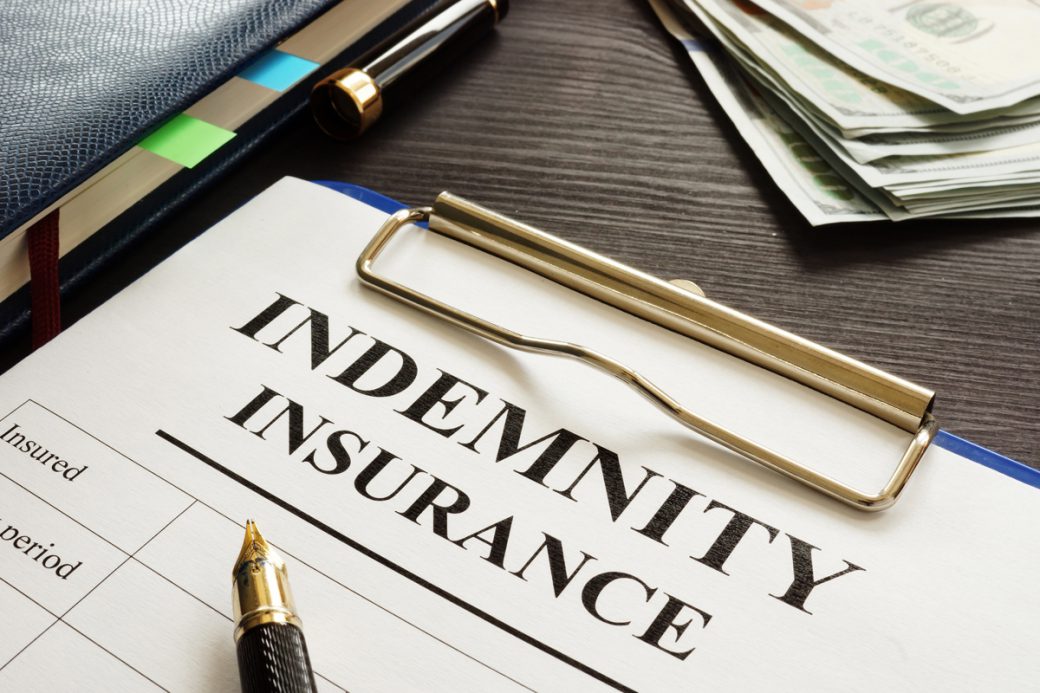Golf Carts and Your Community
Golf Carts, in addition to the obvious use on the golf course, are increasingly being used for short-distance trips in communities as an alternative to the family car, for example, carrying children and pets from home to the club house or recreation center. Golf Carts share an Association’s common element roads with other motor vehicles, bicycles, pedestrians and animals, creating the potential for liability for an Association. Whether or not to allow Golf Carts and how best to regulate them is a decision faced by Associations with increasing frequency. Consequently, Associations are faced with questions such as whether Golf Carts can be operated on private roads in Associations, what laws govern Golf Cart use, and how an Association should regulate and create policy to control the use of Golf Carts in the community.
Florida law allows Golf Carts to be operated on private roads, subject to the Association’s restrictions and other applicable governing laws. Associations which choose to allow them should implement rules and regulations for their use, including registration with the Association; proof of insurance which names the Association as an additional insured; and mandatory, signed liability waivers for the Association. Importantly, the insurance agent for the Association should be consulted and made aware that Golf Carts are allowed in the community so the Association can be properly protected with appropriate insurance coverage.
In considering and creating a use policy for Golf Carts it is important to understand some of the Florida laws which regulate them.
Florida law defines a “Golf Cart” as “a motor vehicle that is designed and manufactured for operation on a golf course for sporting or recreational purposes and that is not capable of exceeding speeds of 20 miles per hour.”[1] A Golf Cart driver does not have to have a driver’s license, [2] but must be at least 14 years old to drive on certain public roadways.[3]
A “Motor Vehicle” is defined as “[e]xcept when used in s. 316.1001, a self-propelled vehicle not operated upon rails or guideway, but not including any bicycle, motorized scooter, electric personal assistive mobility device, mobile carrier, personal delivery device, swamp buggy, or moped. For purposes of s. 316.1001, motor vehicle has the same meaning as provided in s. 320.01(1)(a).”[4] A Golf Cart is a motorized vehicle.
An “electric vehicle” is defined as a “a motor vehicle that is powered by an electric motor that draws current from rechargeable storage batteries, fuel cells, or other sources of electrical current.” Accordingly, a golf cart running on a rechargeable battery is a type of electric vehicle but not all electric vehicles are golf carts or low-speed vehicles (i.e., those that exceed 20 mph are electric vehicles but not golf carts).[5]
A “Low-Speed Vehicle” is any four-wheeled vehicle whose top speed is greater than 20 miles per hour but not greater than 25 miles per hour, including, but not limited to, neighborhood electric vehicles. Low-speed vehicles must comply with the safety standards set forth in Chapter 49, Code of Federal Regulations and Sections 571.500, 316.2122.[6] Per Florida law, “a low-speed vehicle must be equipped with headlamps, stop lamps, turn signal lamps, taillamps, reflex reflectors, parking brakes, rearview mirrors, windshields, seat belts, and vehicle identification numbers; must be registered and insured in accordance with Florida Statute 320.02, and titled pursuant to chapter 319; [and] any person operating a low-speed vehicle … must have in his or her possession a valid driver license,”[7] meaning, typically, that the driver must be at least 16 years old.
Golf Carts are vehicles which are designed to not be capable of exceeding 20 miles per hour; therefore, a golf cart is not a low speed vehicle because low speed vehicles have top speeds greater than 20 miles per hour.
A “Utility Vehicle” means a motor vehicle designed and manufactured for general maintenance, security, and landscaping purposes, but the term does not include any vehicle designed or used primarily for the transportation of persons or property on a street or highway, or a golf cart, or an all-terrain vehicle as defined in s. 316.2074.[8] (Emphasis added). Golf Carts are not utility vehicles because Florida law excludes golf carts from the utility vehicle definition.
A “Recreational Vehicle,” (a/k/a an “RV”), is a “recreational vehicle-type unit primarily designed as temporary living quarters for recreational, camping, or travel use, which either has its own motive power or is mounted on or drawn by another vehicle . . . As defined below, the basic entities are: . . “travel trailer,” . . . “camping trailer,” . . .“truck camper,” . . . “motor home,” . . . “private motor coach,” . . .“van conversion,” . . .“park trailer,”. . .“fifth-wheel trailer,” . . . .[9] Golf carts are not recreational vehicles because Florida law defines each type of recreational vehicle separately from the golf cart definition.
Many Associations are surprised to find that Florida law states that any person operating a Golf Cart as defined above, is exempt from obtaining a driver license.[10] Accordingly, Golf Carts can be operated without the requirement of a driver’s license or insurance. However, there is a minimum age requirement. Golf Carts may not be operated on public roads or streets by any person under the age of 14.[11] Additionally, Florida law restricts operation of Golf Carts to the hours between sunrise and sunset, and requires Golf Carts to be “equipped with efficient brakes, reliable steering apparatus, safe tires, a rearview mirror, and red reflectorized warning devices in both the front and rear.”[12]
Operation of golf carts on state and county roads that have been designated for use by golf cart and on self-contained retirement communities is allowed.[13] Many associations have internal roadways which are generally privately-owned roads. Pursuant to Florida law an Association can implement provisions to regulate its internal roadways in the case where the internal roadways are common elements, and the Association has granted its owners a perpetual, non-exclusive access easement over, across, and through the internal roadways. Golf Carts may operate on private roads subject to any applicable state and federal law, and if there are no Association restrictions prohibiting such operation.
In the case of condominiums, “condominium property” is defined as the lands, leaseholds, and personal property that are subjected to condominium ownership, whether or not contiguous, and all improvements thereon and all easements and rights appurtenant thereto intended for use in connection with the condominium.”[14] Unit owners own an undivided share of the common elements, i.e., “portions of the condominium property not included in the units.”[15] (Emphasis added).
Accordingly, a condominium association is permitted to promulgate reasonable rules and regulations pertaining to the use of the common elements, common areas, and recreational facilities.[16] Use of that property is subject only to the provisions in the declaration and to those rules and regulations adopted by the association.[17] (Emphasis added).
Absent restrictions on the operation of Golf Carts, it can be argued that such operation is permitted on an Association’s internal roadways. If an Association wishes to regulate, or even permanently ban the operation of Golf Carts within the community, we recommend an amendment to its Use Restrictions to include the desired Golf Cart rules and regulations, including requirements and prohibitions. This paragraph also applies to other types of vehicles, including low speed and electric vehicles.
As noted above, if an Association allows Golf Carts, the insurance agent for the Association should be made aware so appropriate insurance coverage for the Association can be considered.
An Association may be exposed to liability if an accident occurs involving a Golf Cart and the Association has approved the presence of them, or if banned, has not acted to enforce the ban. If the Association has adopted rules governing the use of Golf Carts but has failed to enforce them and an accident resulted, liability could be alleged on the theory of negligence. For example, if the Association implements a rule requiring Golf Carts can only be driven by persons over 16 and carrying a valid drivers’ license, but a younger unlicensed person was driving when an accident occurred, the Association may be sued for negligence due to failure to enforce its rules.
If an Association chooses to implement a policy permitting Golf Carts within its community, we recommend requiring Golf Cart owners sign a liability waiver for the Association, and provide certain information such as the name, address, and phone number of the Golf Cart owner; the names and ages of eligible/authorized drivers; and proof of insurance including the Association as a named insured. Once the policy is adopted, the Association should enforce its terms.
[1] FLA. STAT. §316.003(27) & § 320.01(22) (2019).
[2] FLA. STAT §322.04(1)(e) (2019)
[3] FLA. STAT §316.212(7)
[4] FLA. STAT §316.003(43)
[5] FLA. STAT. §320.01(36) (2019)
[6] FLA. STAT. §320.01(41) (2019)
[7] FLA. STAT. . §316.2122(2)-(4) (2019)
[8] FLA. STAT § 320.01(42) (2019)
[9] FLA. STAT §320.01(1)(b) (2019)
[10] FLA. STAT §322.04(1)(e) (2019)
[11] FLA. STAT §316.212(7)
[12] FLA. STAT. §316.212(5)(6) (2019).
[13] FLA. STAT §316.2125 & § 316.212(1)
[14] FLA. STAT §718.103(13) See Silver Beach Towers Property Owners Ass’n, Inc. v. Silver Beach Investments of Destin, L.C., 230 So3d 157 (Fla. 1st DCA 2017).
[15] FLA. STAT §718.103(8); See FLA. STAT §718.108(1)(a)-(1)(d); FLA. STAT §718.106 for a list of what includes common element.
[16] FLA. STAT §718.123 (1).
[17] Id.



































































 Sara K. Wilson
Sara K. Wilson
 David G. Muller
David G. Muller



























